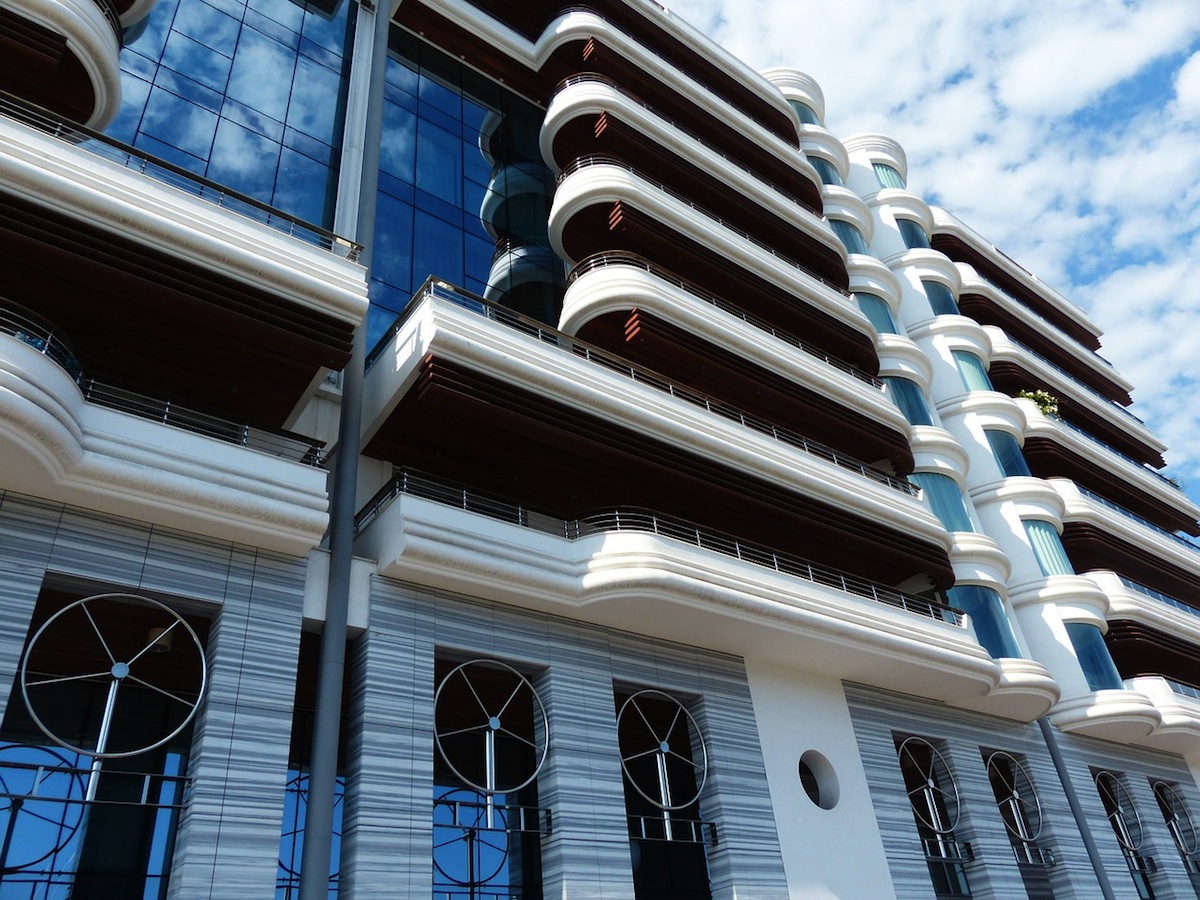Dry rot and too much weight appear to be the causes of a fatal accident at an eight-year-old building in Berkeley, Calif. The tragedy has prompted at look at codes governing the structures.
Builders could take extra steps that go beyond what’s outlined in building codes. For example, advise owners that decks do not last forever and even the best-made structures have a lifespan of 15 years.
The North American Deck and Railing Association estimates that at least 40 million residential decks and 10 million commercial decks in the U.S. are at least 20 years old.
Educating the building’s owners about the importance of weight limits and maintenance can help keep the structures safe. Leaving a sign behind that posts the maximum capacity for the balcony or deck will inform the building owner.
Other steps include: Advising the owner that a pileup of snow on a deck can be heavier than a group of people, and can lead an otherwise empty deck to collapse.
Related Stories
| Aug 16, 2013
Dept. of Homeland Security offers tool to analyze building risk and resilience
The Integrated Rapid Visual Screening tool is designed to determine initial or relative risk and resilience for buildings based on visual inspection only.
| Aug 8, 2013
AAMA releases specification for non-residential fenestration BIM
The American Architectural Manufacturers Association (AAMA) released AAMA 912-13, Voluntary Specification for Non-Residential Fenestration Building Information Modeling (BIM).
| Aug 8, 2013
New green property index could boost REIT investment in more sustainable properties
A project by the National Association of Real Estate Investment Trusts (NAREIT), the FTSE Group, and the U.S. Green Building Council to jointly develop a Green Property Index could help REITs attract some of the growing pool of socially responsible investment money slated for green investments.
| Aug 8, 2013
Boston reaching for solutions to threat of rising sea levels on waterfront development
While Boston officials consider whether to enact new building codes to resist flooding stemming from climate change-induced rising sea levels, developers are already boosting resiliency on new projects.
| Aug 8, 2013
EPA’s National Stormwater Calculator aids developers
The Environmental Protection Agency has released an application called the National Stormwater Calculator that uses soil conditions and rainfall records to estimate annual rainfall and runoff for any location in the U.S.
| Aug 8, 2013
Bipartisan bill would strengthen model building codes to boost energy efficiency
The Energy Savings and Industrial Competitiveness Act, a bipartisan U.S. Senate bill, would strengthen model building codes to make new homes and commercial buildings more energy efficient.
| Aug 2, 2013
Design of world’s tallest wood skyscraper would be more sustainable than steel alternative
Architecture firm C. F. Møller has proposed building the tallest wooden building in the world in Stockholm, Sweden.
| Aug 2, 2013
Texas law expected to help reduce construction payroll fraud
Texas lawmakers want to get tough on construction companies that commit a certain form of payroll fraud, passing a new law recently signed by Gov. Rick Perry.
| Aug 2, 2013
Surveys show parking space requirements far in excess of what is necessary
Officials in the Northwest’s large metropolitan areas have sent survey takers out at night through apartment and condominium lots and garages, recording empty and full spaces, and comparing their tallies with the number of apartments.
| Aug 2, 2013
Netherlands Institute of Ecology built to zero waste principles
The Netherlands Institute of Ecology was designed and built to be the most sustainable building in Holland and incorporate the zero waste principles of Cradle-to-Cradle design.

















